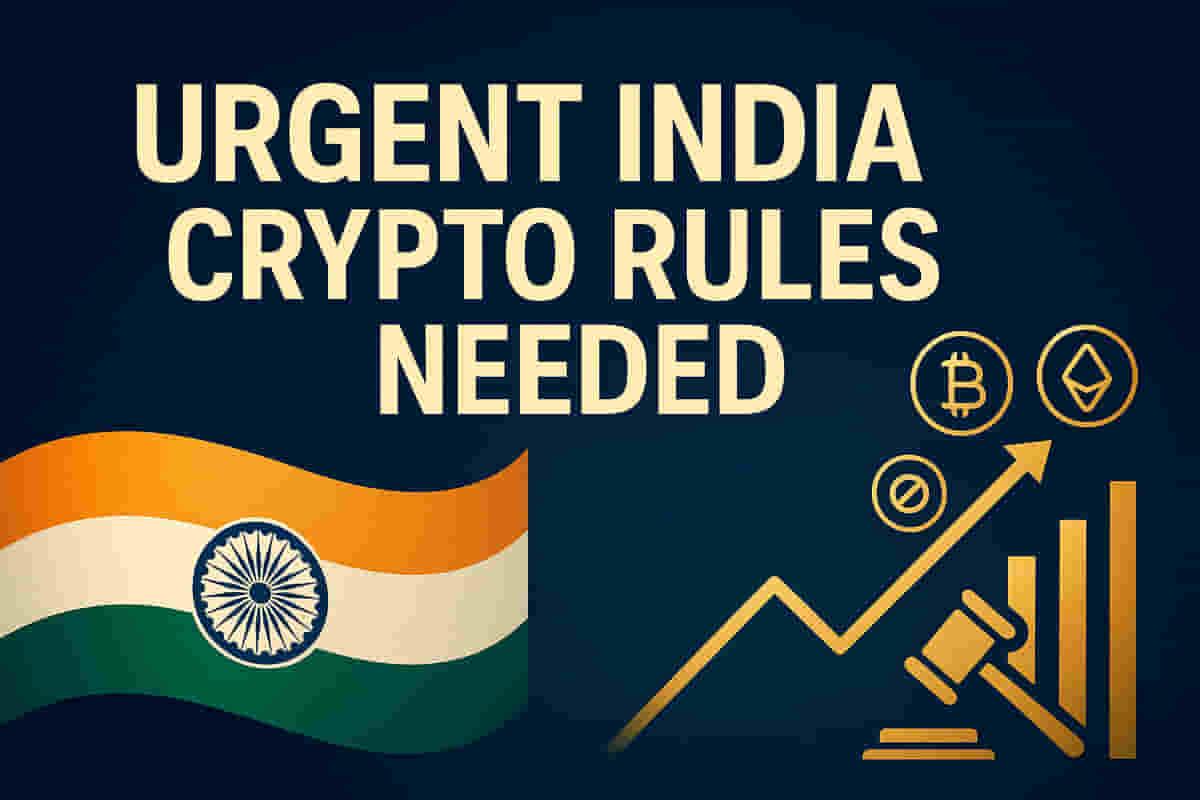India Urged to Regulate Digital Assets Urgently Amidst Risk of Losing Innovation and Talent
Banking/Finance
|
31st October 2025, 3:59 AM

▶
Short Description :
Detailed Coverage :
Industry leaders and policymakers in India are strongly advocating for the urgent introduction of clear and comprehensive regulations for the digital asset sector. Speaking at the Business Standard BFSI Insight Summit 2025 in Mumbai, experts expressed concerns that the current policy uncertainty risks pushing crucial innovation and skilled talent out of the country. Dilip Chenoy, chairman of Bharat Web3 Association, noted that India has a significant economic opportunity in this space but is lagging behind 18 other G20 nations that already have regulatory frameworks.
Panellists also emphasized the strategic importance of developing a rupee-backed stablecoin. They believe the future of finance is increasingly digital and tokenized, with stablecoins poised for significant growth. A rupee-backed stablecoin could address concerns about dollarization, potentially lower remittance costs for India, and help in internationalizing the rupee. Sumit Gupta, cofounder and chief executive officer of CoinDCX, warned that failure to act could lead to other countries internationalizing their currencies while India lags behind.
The lack of clear rules is reportedly causing talented entrepreneurs, including many IIT graduates, to move overseas, creating a "brain drain." Experts suggest that delaying regulations puts Indian companies at a competitive disadvantage.
Impact: This news has a significant impact on the Indian financial technology and digital asset ecosystem. Clearer regulations could attract investment, foster innovation, and create jobs, thereby boosting India's position in the global digital economy. Conversely, continued inaction could lead to a loss of competitiveness and talent. Rating: 8/10.
Heading: Definitions of Difficult Terms Digital Asset: Any asset that exists in a digital form and has value, such as cryptocurrencies, tokens, and non-fungible tokens (NFTs). Policy Uncertainty: A situation where the future direction of government policies is unclear, making it difficult for businesses to plan and invest. Innovation: The introduction of new ideas, methods, or products. Stablecoin: A type of cryptocurrency designed to maintain a stable value relative to another asset, such as a fiat currency (like the US dollar or Indian Rupee) or a commodity. Tokenization: The process of converting rights to an asset into a digital token on a blockchain. Dollarization: The process where a country's economy becomes heavily reliant on the US dollar, often for savings, transactions, or as legal tender, potentially weakening the domestic currency. Remittance Costs: The fees charged when sending money from one country to another. Monetary Policy: Actions undertaken by a central bank to manipulate the money supply and credit conditions to stimulate or restrain economic activity. Web3: The proposed next iteration of the World Wide Web, based on blockchain technology, decentralization, and token-based economics. Blockchain: A distributed, immutable ledger that records transactions across many computers.